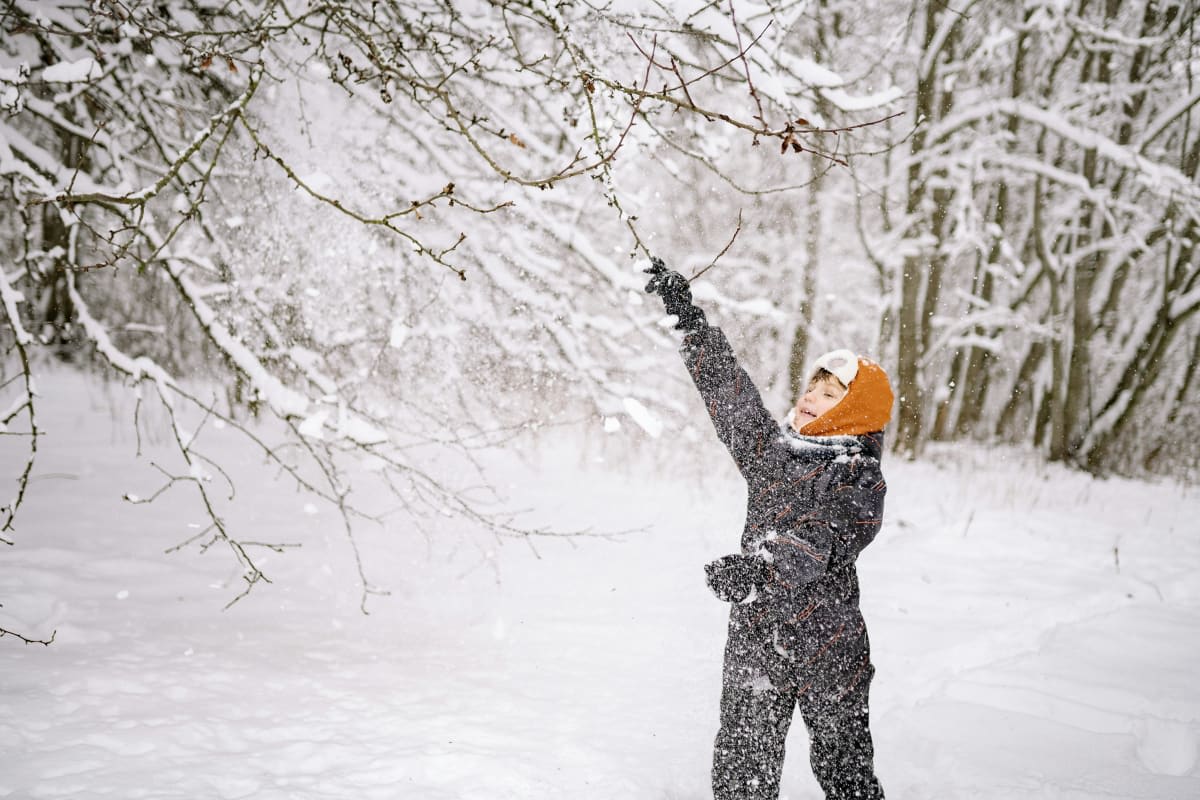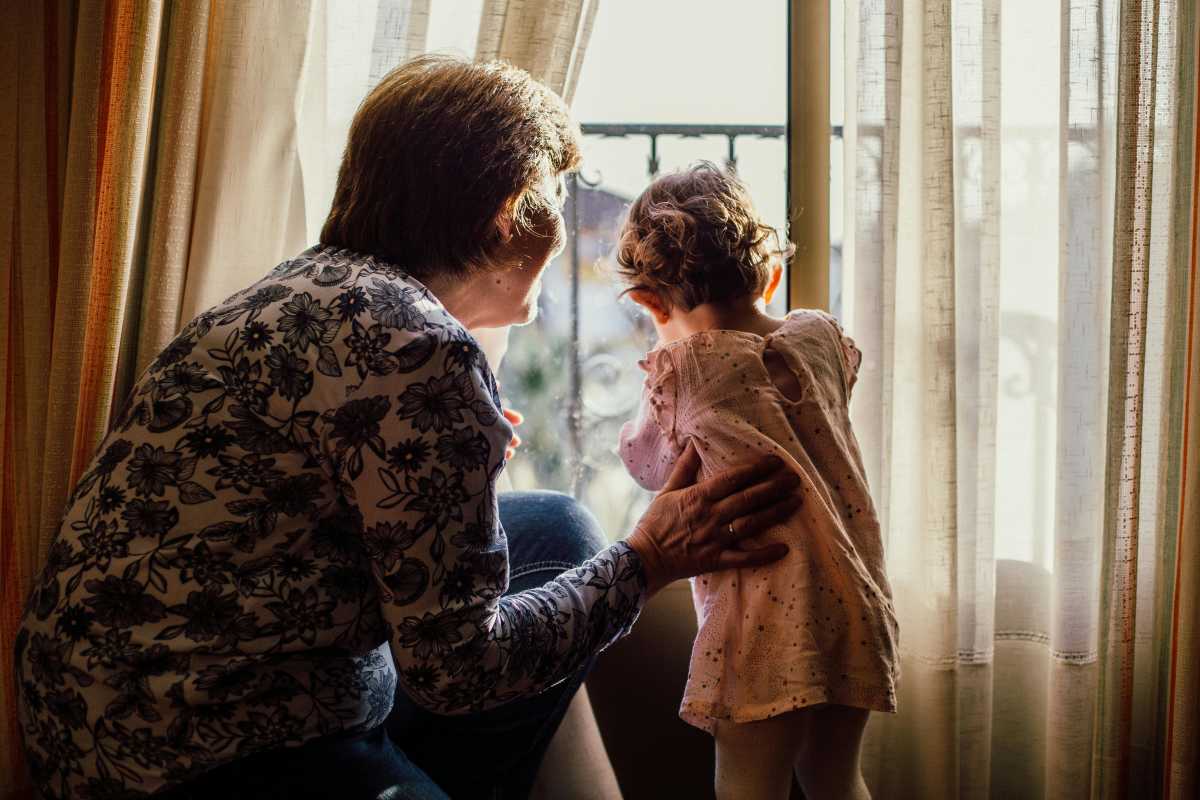4-yr-old braved foxes for miles through freezing Siberian forest — all to save her grandma
The region was home to wild animals, but that did not stop her from finding help for her grandmother

To save our loved ones, we often find the strength we never knew we had until then. We face hardships and make sacrifices, but could such courage and determination be expected from a four-year-old? In March 2017, a brave little girl walked 8 kilometres in freezing temperatures as low as –34°C through the wolves-infested Siberian forests to save her grandmother.

A four-year-old girl from the Taiga region of Serbia, named Saglana Salchak, was shocked to see her grandmother lying motionless one morning. Although Saglana's grandmother later passed away due to a heart attack, that did not stop Saglana from trying to rescue her. Desperate to find help, she decided to seek permission from her blind grandfather and embark on a journey that even shook the villagers. Saglana agreed to become the 'real-life Red Riding Hood' as she set off in the pitch darkness of 5 am to the nearest neighbour in the rural Siberian Republic of Tuva, leaving behind her blind grandfather and her ill grandmother. She made sure to carry a box of matches in case of emergency and bravely followed the horses' footsteps to the nearest farmstand. Though the path Saglana travelled was home to bears, wolves, and even snow leopards, her brave little heart never wavered as she set out to find help for her grandmother.

Not only did the little girl face the threat of wild animals along the way, but at one point in her long journey, she even had to cross a frozen lake. According to reports, Saglana said that she felt "cold and hungry," but "wasn't scared." After a long and dangerous trek through a wolf-infested forest for 6 hours in -34C weather, she finally made it to her destination, but had to be hospitalised due to general hypothermia. The helpers who learned the story were surprised to find her travelling all the way in the early morning darkness without any adult's help. Although she had recovered, she is living in the care of the neighbourhood. Heaping praise on the 'real life Red Riding Hood' of Taiga, one of her carers said, "Saglana is an open-minded, intelligent and tender girl. We are proud that a small heroine from the Taiga is growing up here. We treat her like our own daughter, and kiss and hug her each day. After all, not every 4-year-old child manages to perform the feat that she accomplished."

Despite having accomplished her journey, Saglana was unable to help her grandmother, who was already dead by the time people reached her place. The carers revealed that the little girl gets emotional when she remembers her grandmother; however, the villagers have since organised a campaign named 'Let's help Saglana!' to give her the support and cheer she deserves. Unfortunately, Saglana's mother, Eleonora, was charged with a criminal case brought by the Investigations Department of the Republic of Tuva for leaving a minor in danger, in the care of the elderly.
However, the head of Tuvan search and rescue paid tribute to Saglana's bravery and praised her sense of awareness at such a young age. He said, "This girl acts as a professional already. She took the matches to light a fire in case she needed to. The difficulty was that she had to make her way through snowdrifts."

Although the world looks up to Saglana as a young 'Hero', this is a common sight for people of the region. In a similar tale from the same region of Taiga, a three-year-old boy survived alone for three days in a remote Siberian forest, and faced near-freezing temperatures and wildlife. In a study authored by Peter Muris in 2009, children aged 8–13 were interviewed about the most courageous action they had ever performed. The findings revealed that almost all children (94%) had carried out a courageous action at some point in their lives. However, there was no significant relationship between the levels of fear associated with these acts. Instead, courage was found to be significantly correlated with lower anxiety symptoms and higher personal courage, as measured by the Courage Measure for Children. The study concluded that fear and courage in children are largely unrelated and not merely two sides of the same coin.
More on Scoop Upworthy
Man survived two months inside a snow-capped car, thanks to what experts called the 'Igloo Effect'

 Share on Facebook
Share on Facebook





